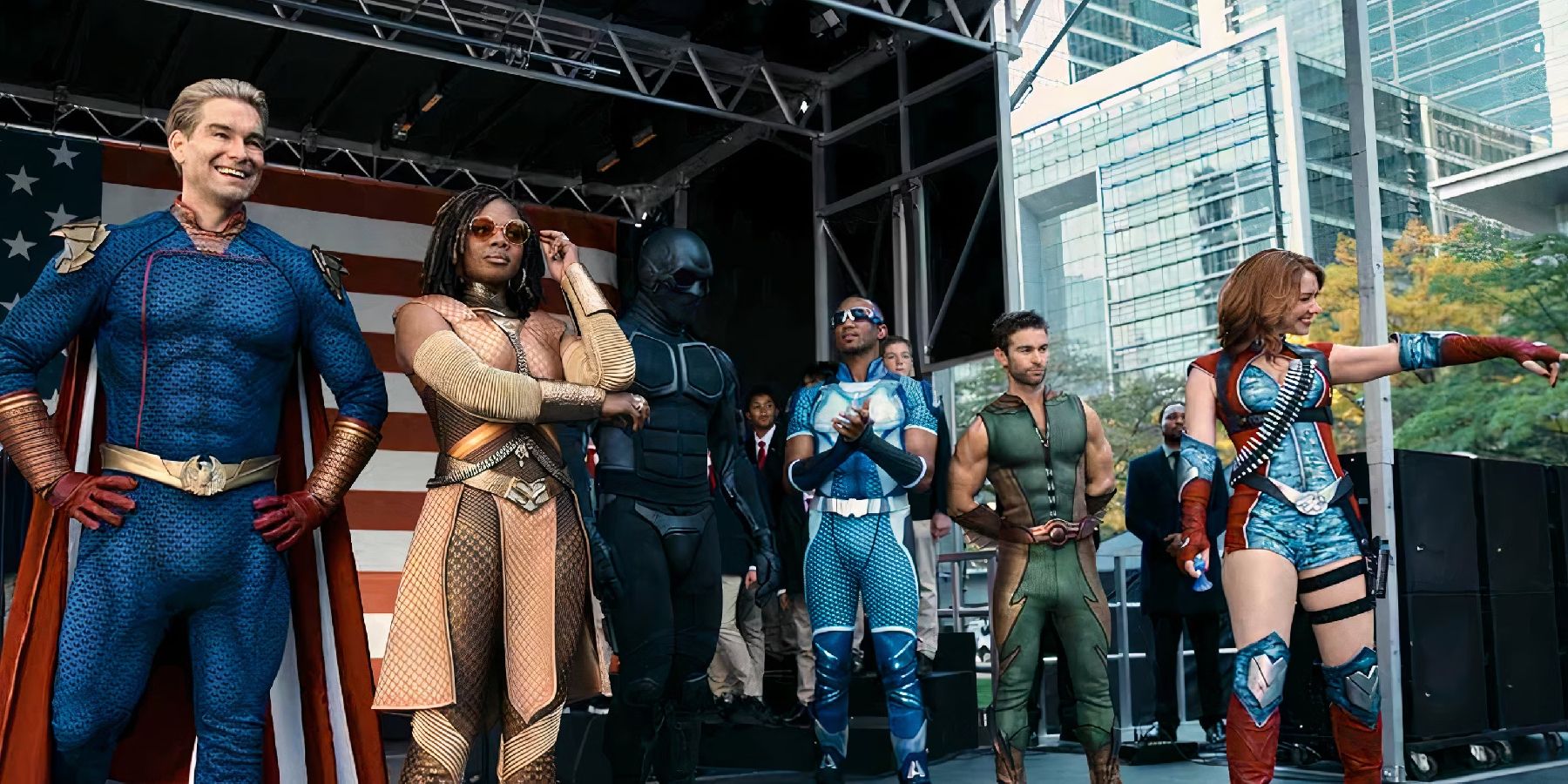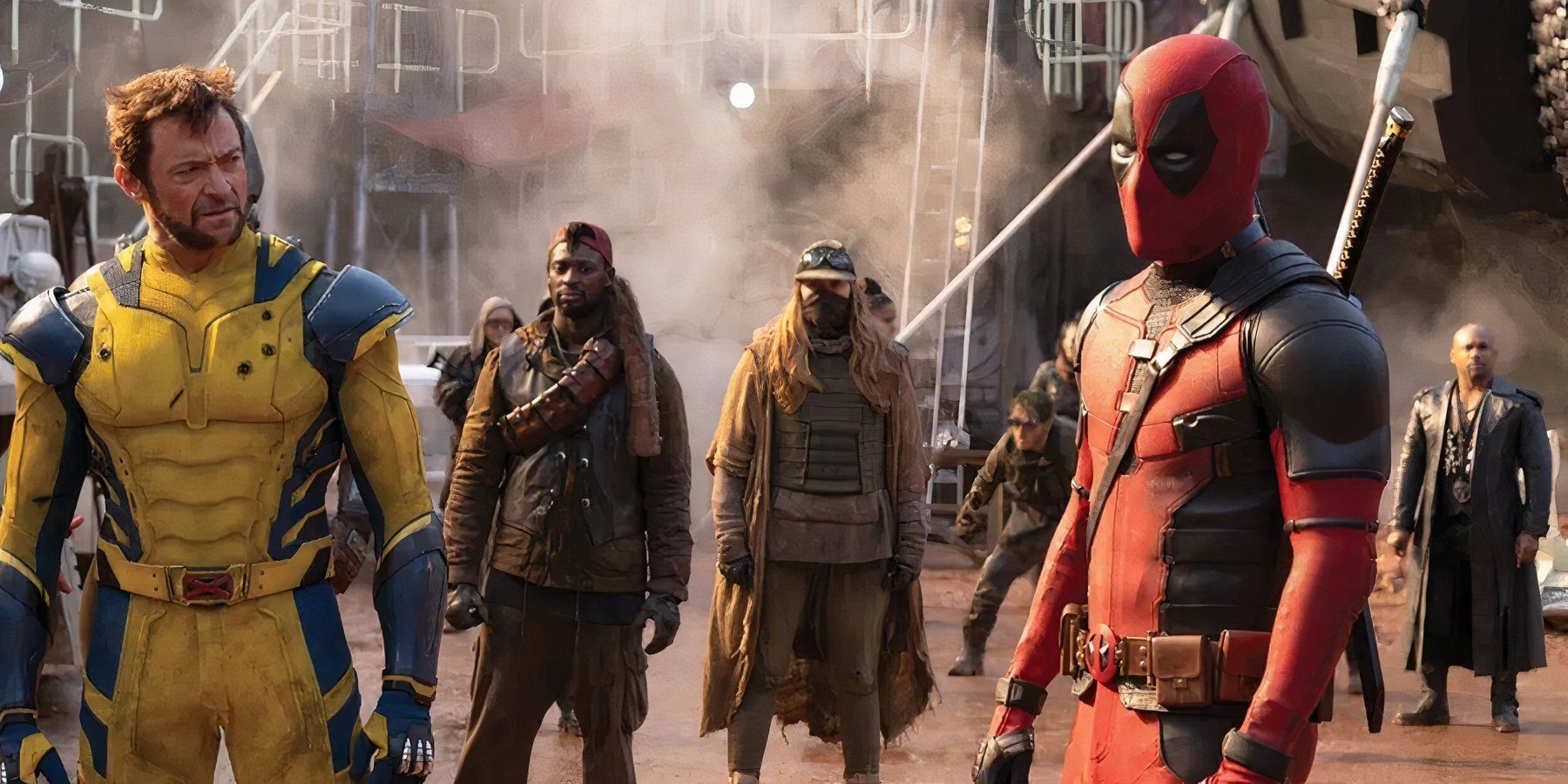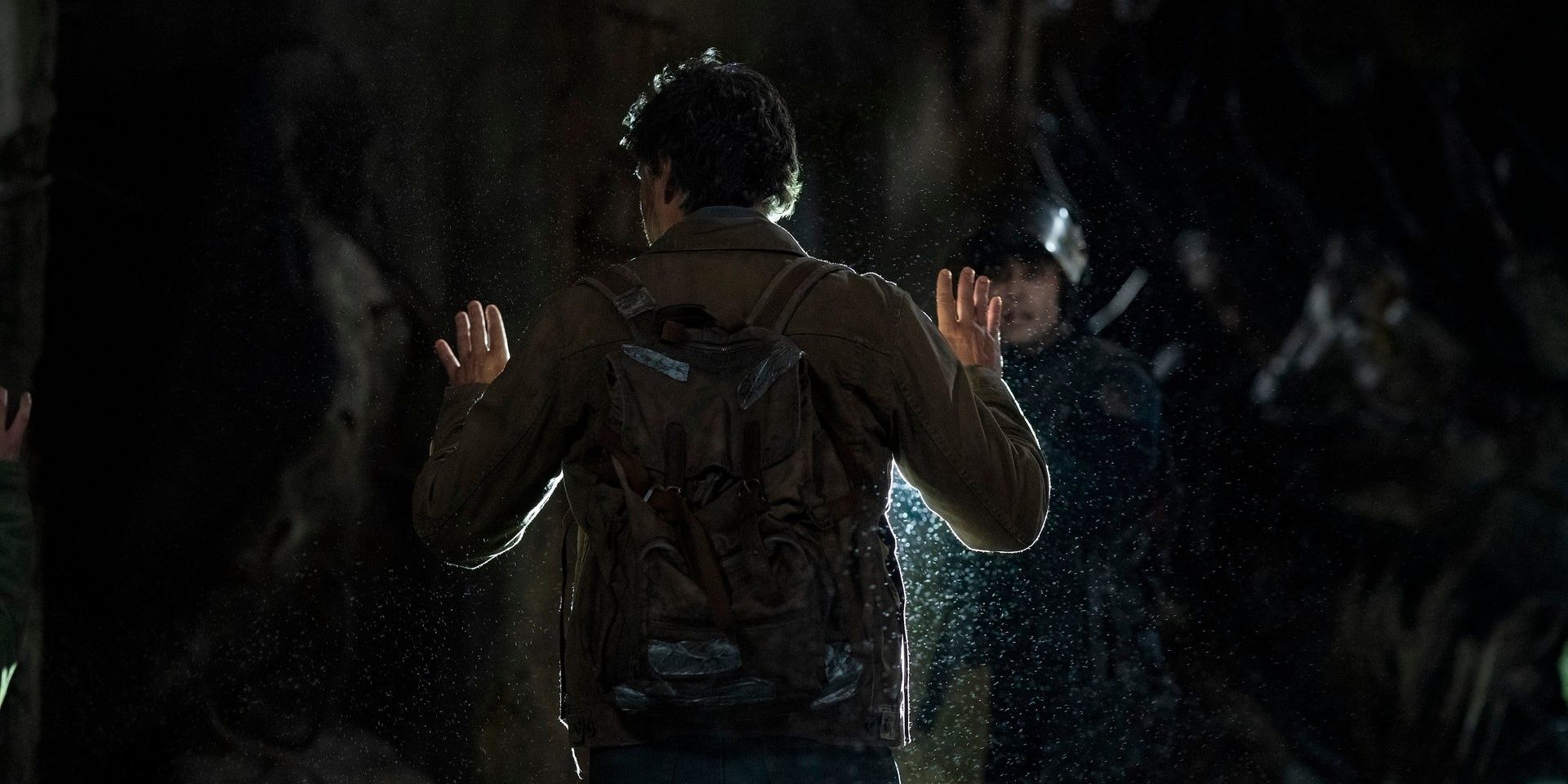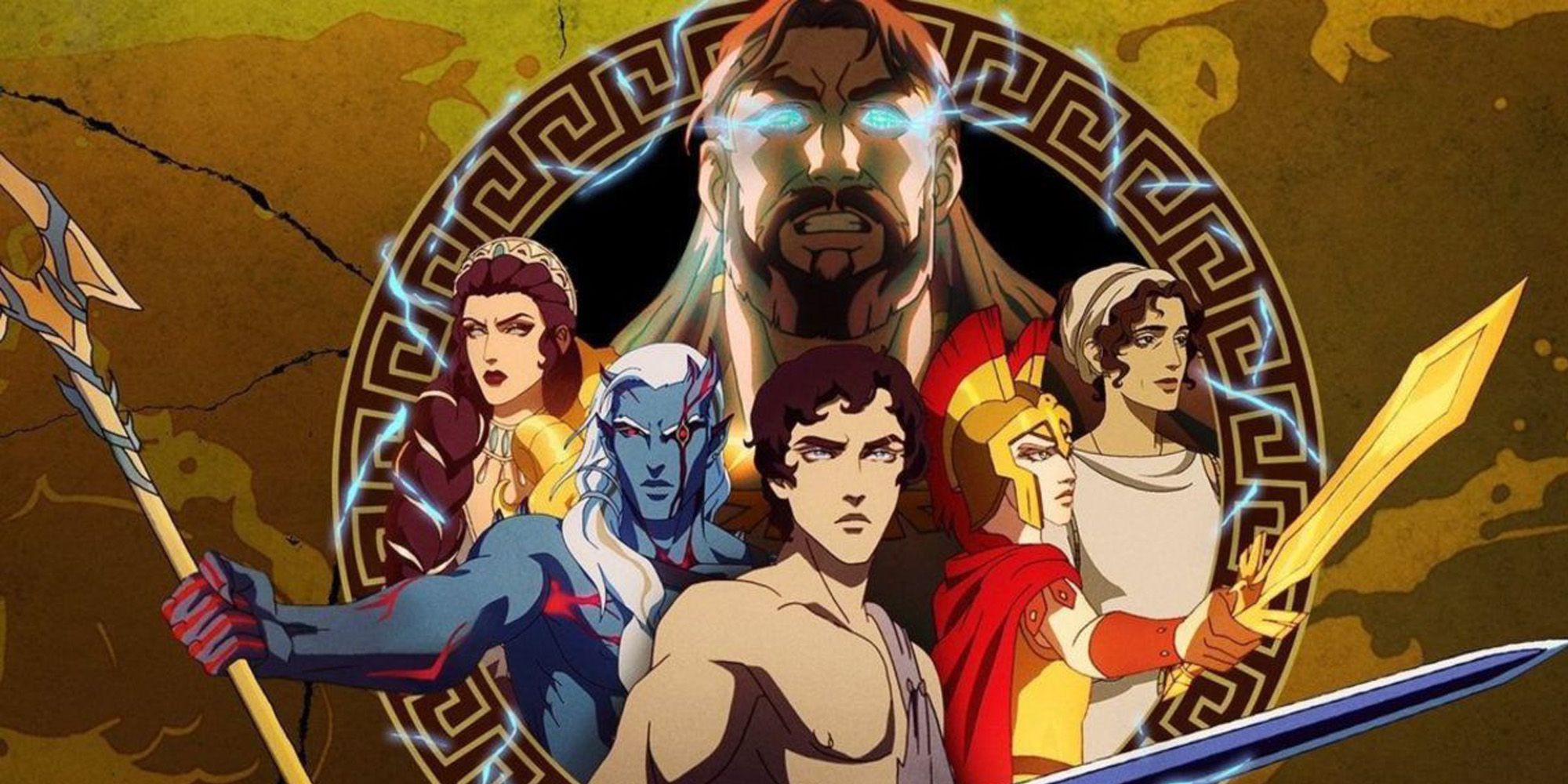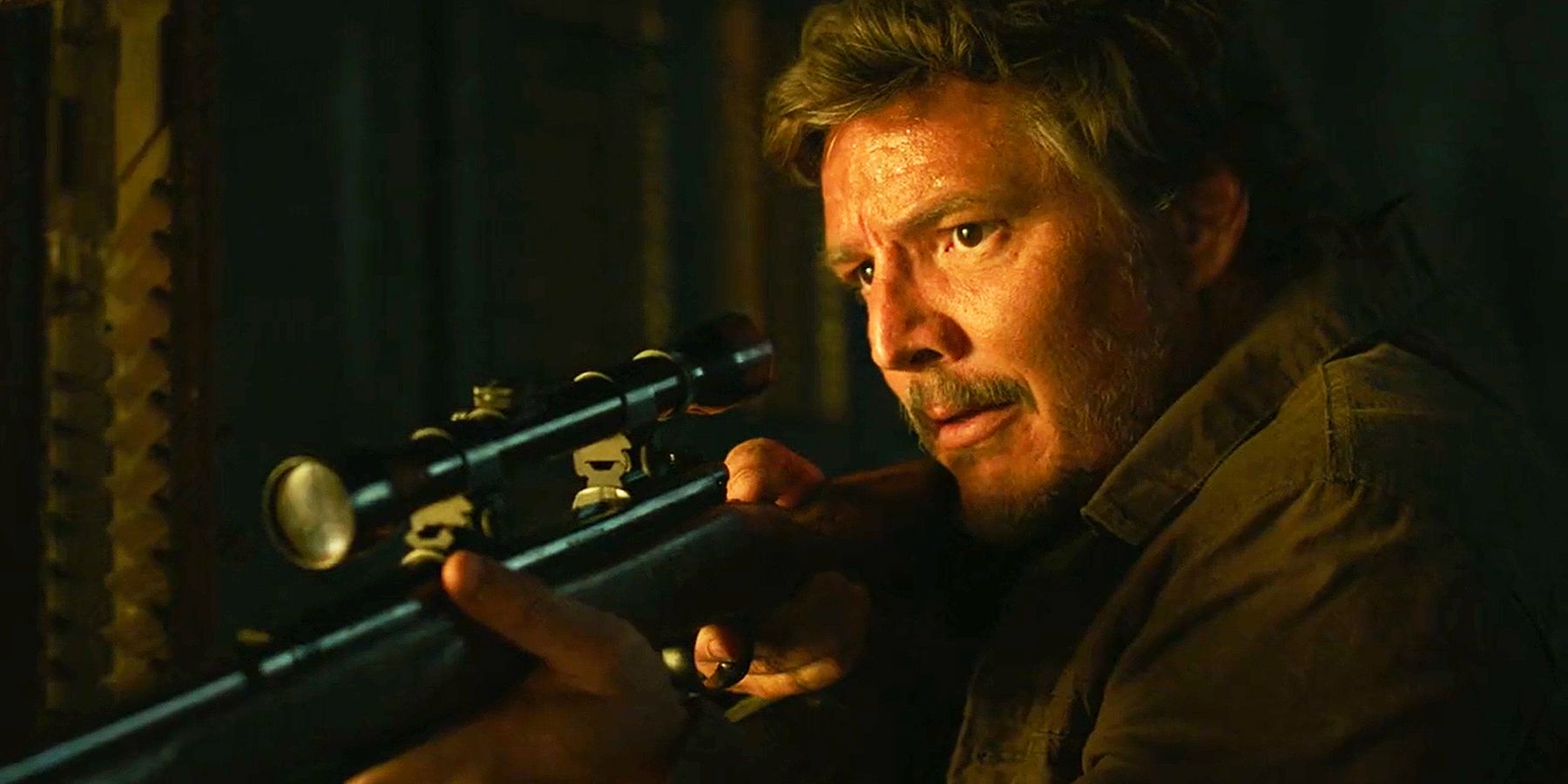By default, humanity's war against a hostile invasive species will paint humans as heroes. The author and the presumed audience have a certain affection for the human race that borders on a conflict of interest. When the writer wants to mix things up and indulge a more complex look at the issues, they'll eschew the regular monsters and depict humans as the real monsters.
Seeing humanity obliterated and society destroyed by outside forces rarely satisfies. Aliens can bombard the cities, zombies can invade the streets, and demons can tear souls asunder, but something is missing without a human face pulling the strings.
If a story takes place in a zombie outbreak, an alien invasion, or a robot uprising, likely, some number of humans are ultimately responsible. A secret lab made the virus that turned everyone into zombies, or human aggression caused the aliens to invade, or a military experiment resulted in robots that decided to wipe out their creators. In any case, humans are the real monsters. Though the work might depict the actual physical threats as evil, this trope typically sets some or all of humanity as the real antagonist behind the carnage. If humans didn't cause the problem, they'll certainly go way too far in their response to it. Humans can start in a position of vulnerability and work their way into a villainous role through cruelty. The easiest way to add some moral complexity to a straightforward story is to allow the presumed victims some room to exercise their evil intentions.
There's an argument to be made for humanity's status as secret monsters as an evolution of literature. In early Greek mythology, morality was fairly simple. Gods were unforgivable tyrants who frequently exhibited the worst imaginable traits in their personal dealings. Any mortal who dared to slight a deity would be punished with an absurd level of prejudice. Many of these human characters were relatively sympathetic, even if they were guilty of some central moral failure. Fate was a common theme, with most characters trapped in a terrible future regardless of their actions.
Gradually, as stories evolved, the purpose behind the punishment became more reasonable. The gods were still far from perfect arbiters of justice, but their divine judgment more often fell upon those who deserved it. A tale like "The Oresteia" would depict characters failing to learn their lessons and being punished, whereas many earlier tales would deliver comparable fates to relatively decent people. Stories grew from "people being destroyed for no good reason" to "people suffering the consequences of their actions." The logical next step would be "terrible things happen because people are terrible."
Just about every piece of media about zombies frames a subset of the human survivors as the real villains. In many cases, mankind is directly responsible for the outbreak. The virus was typically hand-crafted by an evil business or built as a weapon. If the infection is a natural occurrence, humans will still go above and beyond to establish themselves as the real threat. Take the current big zombie show, The Last of Us. The outbreak occurs due to the evolution of infectious fungus (with a little help from man-made climate change,) but infected individuals are only a secondary concern. People who survived the outbreak are more likely to be gunned down by the new fascist government or desperate burglars than to be eaten by the infected. The series and its source material take that lesson from the earliest examples of the genre. Sometimes, dead is better.
Beyond zombie fiction, there are plenty of examples of extraterrestrial threats with humans behind the scenes. The Alien franchise, for example, features the almost ontologically evil Weyland-Yutani Corporation. The titular alien, a perfect killing machine called a Xenomorph, is undoubtedly a villainous force, but it is almost always made more powerful by corporate intervention. The first film makes it clear that the crew of space truckers was willingly sacrificed for the cause of capturing a live Xenomorph. Franchise hero Ripley's speech to Burke near the end of a sequel captures this trope in a few sentences.
Video games love to abuse this trope. Combat encounters are easier to make and easier to enjoy when the foes are person-shaped. Almost any game with non-human enemies will eventually unleash some traditional armed folks to oppose the hero. The long-running Castlevania franchise typically pits the player against Dracula, but there's almost always a greedy human who brings back the vampire. Devil May Cry 3 features Arkham, a human sorcerer who brings demons to Earth. Even Bloodborne, which is packed with cosmic horror and Lovecraftian abominations make the problem's origin clear in its sparse story. As is often the case in this kind of story, the human desire to know everything caused the plague.
Humans have a lot of negative traits, most of which every audience member is extremely familiar with. Though there are a lot of dangerous things out there, it's always easier to tie the central antagonist back to familiar foes. Humans are often the real monsters because authors write the evil they know.

